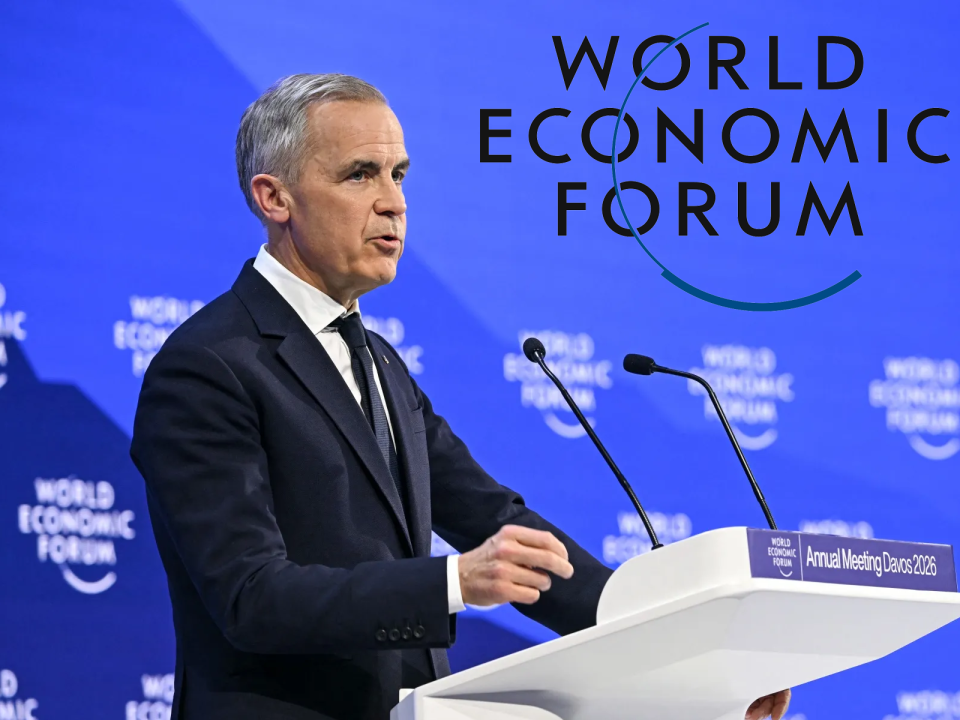
The COVID-19 pandemic triggered a world-wide reconsideration of the way our economy works. This January, INNOVATIVE found that while the appetite for radical transition has ebbed, Canadians’ confidence in a free enterprise approach has declined.
The online poll of 1,992 Canadians was conducted in January by Innovative Research Group, providing updated tracking of attitudes towards economic transition, as well as a novel analysis of top policy initiatives. The results are weighted to 1,500 by age, gender, region, and self-reported past federal vote to accurately reflect the population. A detailed methodology is provided in the report.
The poll reveals that fewer people now than during the COVID-19 pandemic support radical economic transformation.
About half of Canadians during the COVID-19 pandemic agreed that we need to radically transform the economy to function differently in the future. This sentiment has declined to 45%, now evenly split with the opposing view that the economy was functioning well before the pandemic.
NDP supporters are more likely, at 64%, to advocate for radical economic transformation compared to others.
When asked whether they agree that our free enterprise economic system works well, only 36%, compared to 54% in 2020, agree today, with a 21-point drop in net agreement.
Interestingly, a larger proportion of people, at 49%, believe that the government should actively partner with businesses, as opposed to staying out of their way, which is favored by 31%.
When it comes to government action, lowering taxes, increasing taxes on the wealthy, and raising the minimum wage emerge as the top policy priorities. Lowering taxes ranks as a top priority across all party supporters except for the NDP, who are more likely to demand increasing taxes on the wealthy and implementing a Universal Basic Income. Increasing taxes on the wealthy ranks within the top three priorities across all party supporters, even Conservatives. Additionally, Conservatives are most likely to say that reducing the country’s dependence on imports is an important change.


































